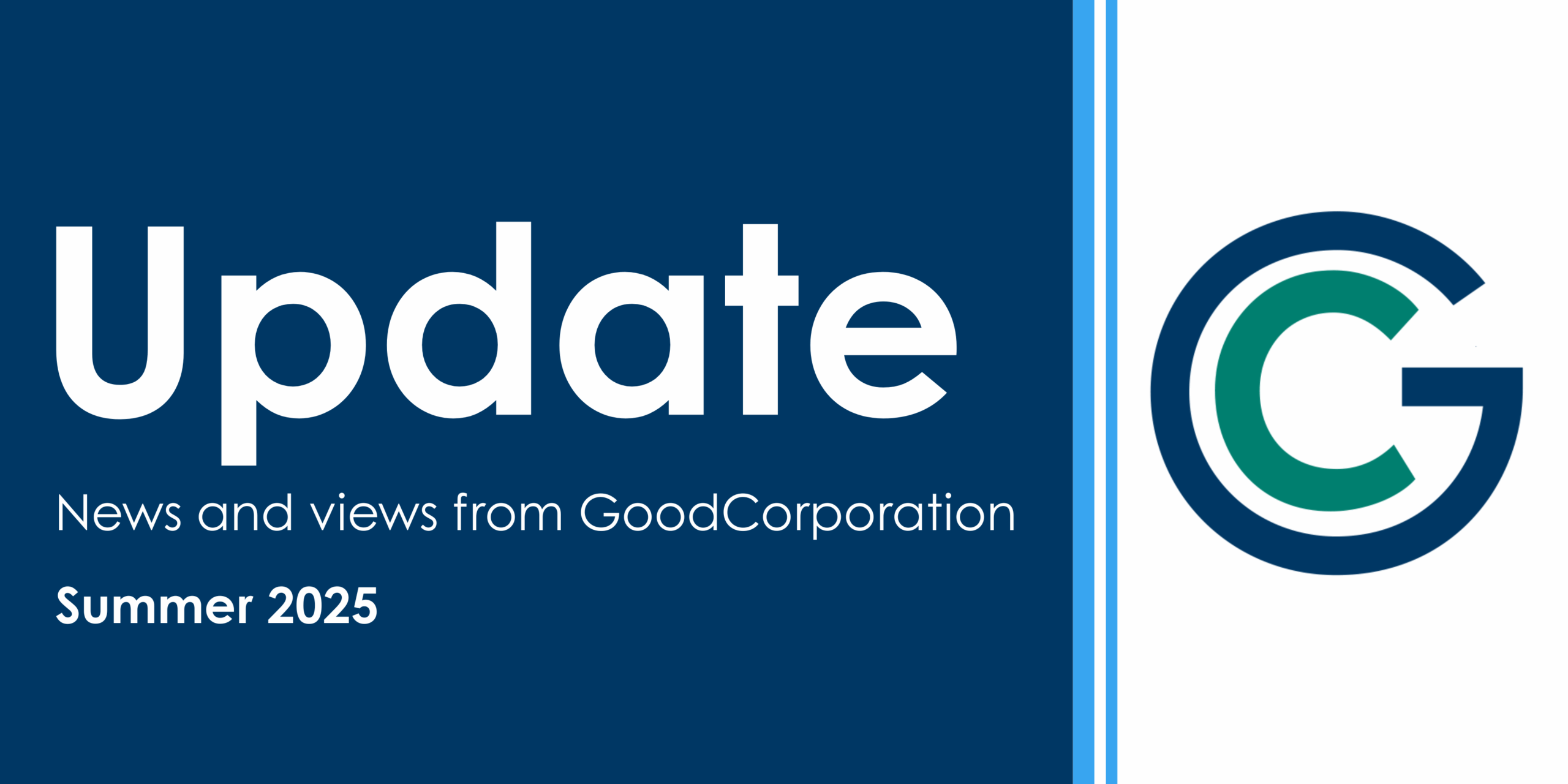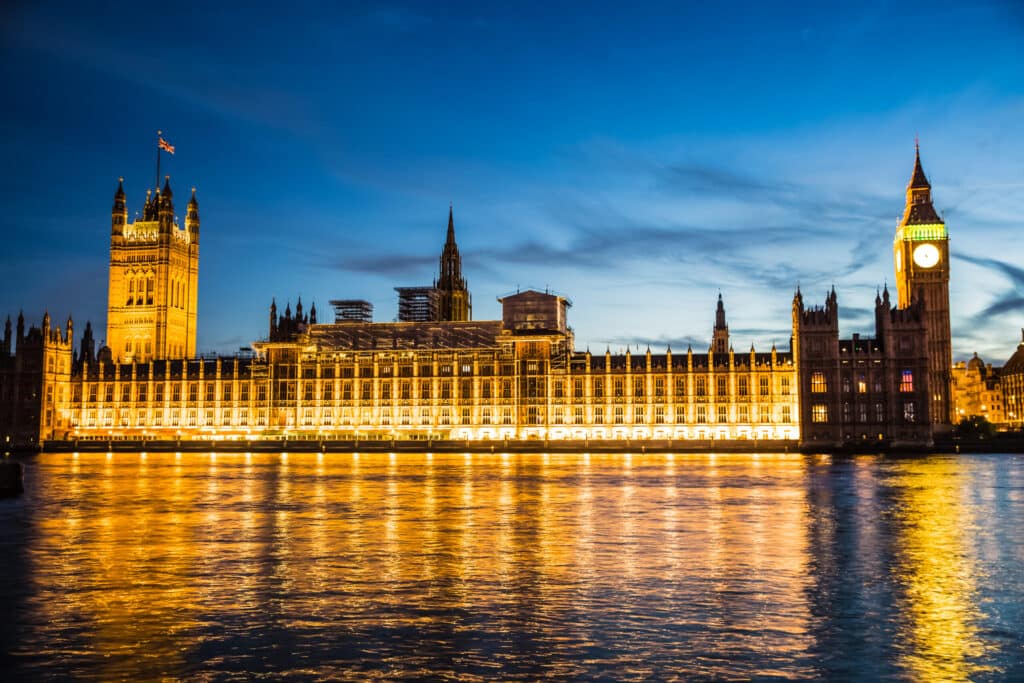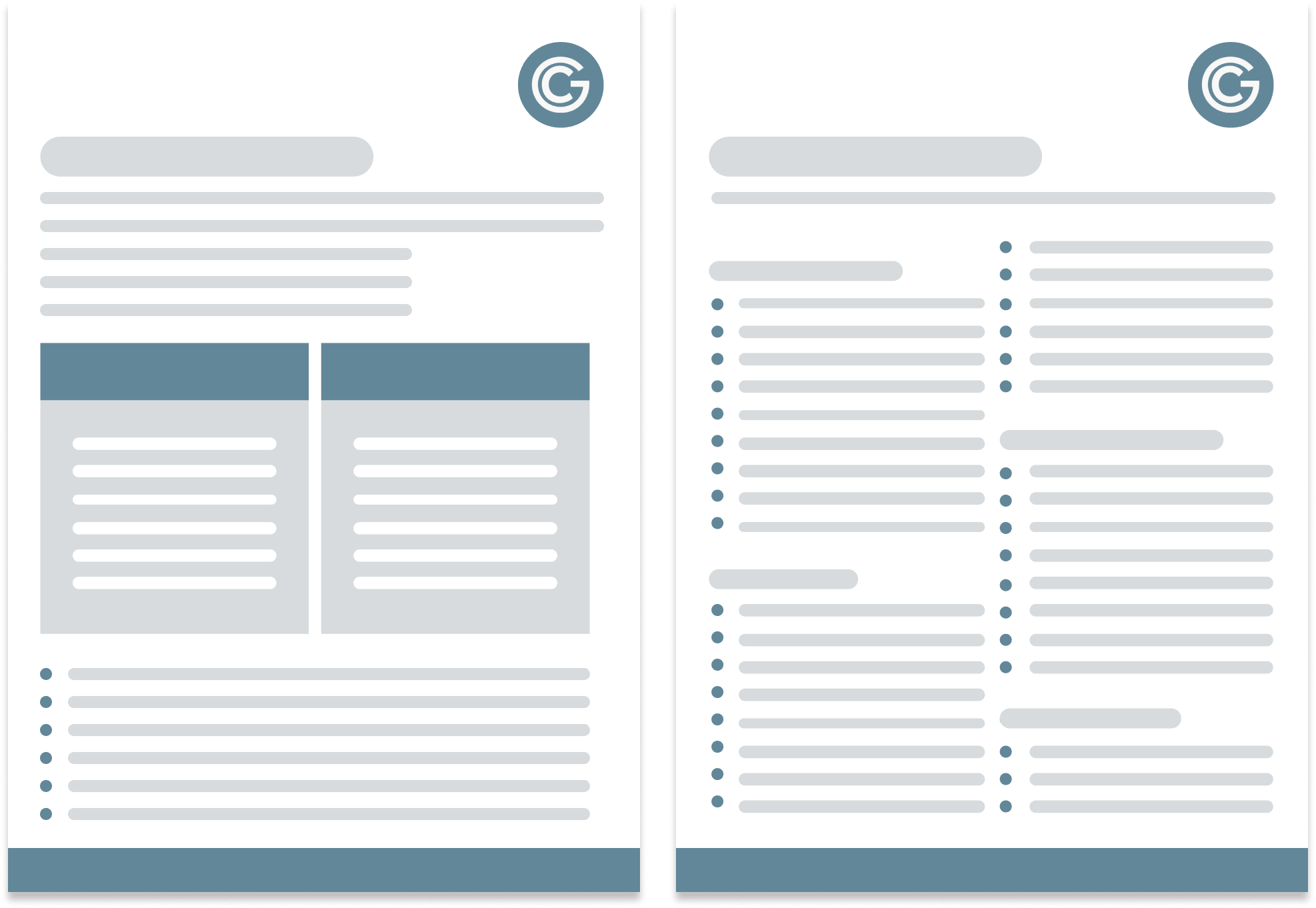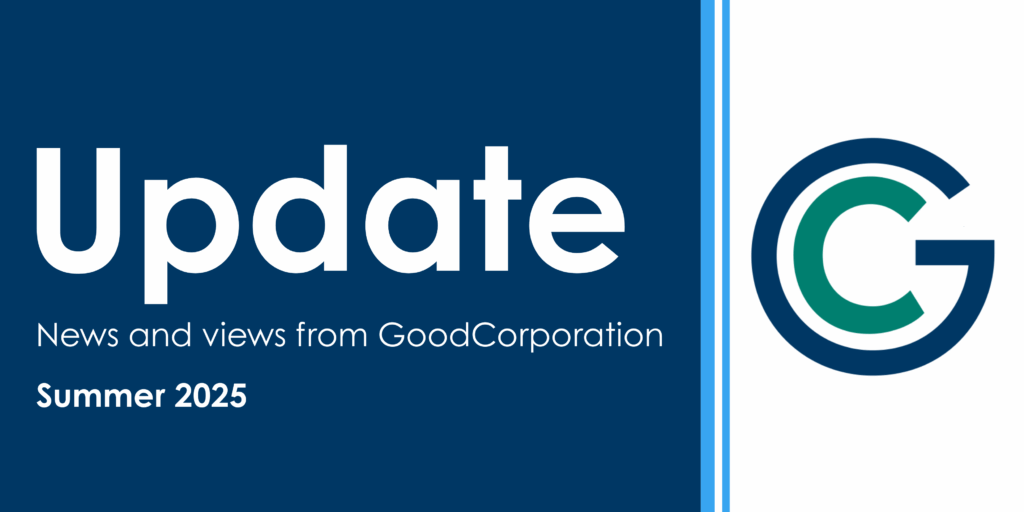Autumn Update 2025
Newsletters | read time: 5 min
Published: 13 November 2025


Can private equity build businesses with sustainable outcomes for people and planet?
The summary notes from GoodCorporation’s latest business ethics debate at the House of Lords explore whether private equity can build profitable businesses that also deliver meaningful, sustainable outcomes for people and planet.
Led by Monica Collings OBE, the discussion examined the economic, human and operational dimensions of this question, debating how short-term financial pressures can be balanced with long-term environmental and social goals.
Themes covered during the debate included the importance of investor and management support for ESG commitments, the need for regulatory and market alignment to drive responsible investment, and the potential for private equity’s active ownership model to embed sustainability throughout the investment cycle.
At GoodCorporation, we continue to see growing engagement from private equity firms seeking to integrate responsible and sustainable management practices into their portfolios — a key step towards building resilient, high-performing businesses.
On 21 October, the European Commission confirmed it will not delay the EU Deforestation Regulation (EUDR) any further, recommending it for adoption. The regulation will apply from 30 December 2025 for large and medium-sized businesses and 30 December 2026 for small and micro-enterprises, with a six-month grace period for large companies to address non-compliance. The EUDR remains one of the most ambitious global policies to protect forests and communities, requiring companies to ensure that key commodities such as coffee, cocoa, palm oil and timber are not linked to deforestation. Reporting requirements have been simplified, with statements only needed when products first enter the EU market, and simplified procedures introduced for small operators in low-risk countries. With implementation moving forward, companies should continue preparing to meet due diligence obligations. GoodCorporation helps businesses strengthen governance, traceability and risk management to comply with the EUDR. Read the full blog on the EUDR by clicking the link below.
Many organisations have core compliance policies in place but need additional tools and templates to strengthen their frameworks. GoodCorporation’s Compliance Toolkit provides adaptable resources to support that work. The toolkit includes policies, templates and guidance that can be used as a foundation and adapted to different structures, risk profiles and jurisdictions. It enables organisations to save time while maintaining consistency and alignment with best practice. Organisations can also integrate their own internal documents to ensure their compliance programmes remain tailored and robust. The resources can also be used to address gaps identified through GCAP, GoodCorporation’s digital assessment platform, which helps organisations assess and monitor the effectiveness of their compliance programmes. Designed for flexibility, the toolkit allows organisations to use individual elements or combine them into a broader programme. Our team can also provide support for implementation where required, helping to embed stronger compliance across the organisation
What the latest EUDR developments mean for responsible supply-chain governance

LEARN MORE
Strengthening compliance frameworks with practical tools

LEARN MORE
Managing environmental risk: impacts and governance

From supply chain disruption and tightening regulation to the reputational and financial consequences of ecosystem degradation, environmental risks are increasingly material to business performance.
They affect not only operations, but also intersect with human rights, stakeholder expectations and long-term sustainability.
Managing environmental risk is about more than compliance. It’s about protecting reputation, ensuring continuity and safeguarding the ecosystems and communities that businesses rely on.
Our latest blog explores what environmental risk means for business, the main types of risk, and how companies can build strong systems to identify, manage and monitor them.
Building sustainability into data centre construction

The rapid adoption of AI is driving an unprecedented demand for large-scale, resilient data centres. While essential to the global digital economy, their construction and operation bring significant environmental and social impacts that must be addressed.
Since its launch in 2023, Apto has committed to integrating sustainability at every stage of its operations. GoodCorporation has supported this ambition, first by developing Apto’s compliance programme and now by designing a comprehensive Environmental and Social Management System (ESMS).
This framework enables Apto to identify, mitigate and manage environmental and social risks, ensuring robust regulatory compliance and transparent ESG disclosures, drawing on best practice to embed continuous improvement.
The ECCTA: what should companies do now?

It has been just over two months since the failure to prevent fraud offence under the UK Economic Crime and Corporate Transparency Act (ECCTA) came into force, marking a significant milestone in the evolving corporate liability landscape.
The failure to prevent fraud offence requires in-scope companies to demonstrate they have reasonable fraud prevention procedures which can adequately mitigate their outward fraud risks (those from which, if committed, the company would benefit). Companies must ensure they have clear ownership of fraud, appropriate risk assessment and robust third-party due diligence processes.
To support organisations in this endeavour, GoodCorporation has developed a Framework on Preventing Fraud, designed to help companies assess and manage their fraud risks. Download your free copy below.
Welcoming new colleagues to the London team

We are pleased to welcome two new members to our London team: Hebe Bourne and Lucy Fergusson.
Hebe joins us as a Senior Analyst with a Master’s in Human Rights, motivated by the need for businesses to address human rights and environmental risks, particularly in complex and high-risk contexts. She was drawn to GoodCorporation’s international reach and dedication to advancing corporate accountability.
Lucy joins as an Analyst having recently completed a Master’s in Development Studies at the University of Cambridge and brings experience from both the NGO and corporate ESG sectors. She is driven by a strong commitment to responsible development and the role businesses can play in creating positive impact.
We are delighted to have them on board and look forward to the insight and energy they will bring to our work.
Follow on LinkedIn to stay updated
Explore our frameworks
GoodCorporation's portfolio of proprietary frameworks act as practical guides for organisations looking to implement best practice and manage the wide range of ethics, compliance and sustainability challenges they face.


